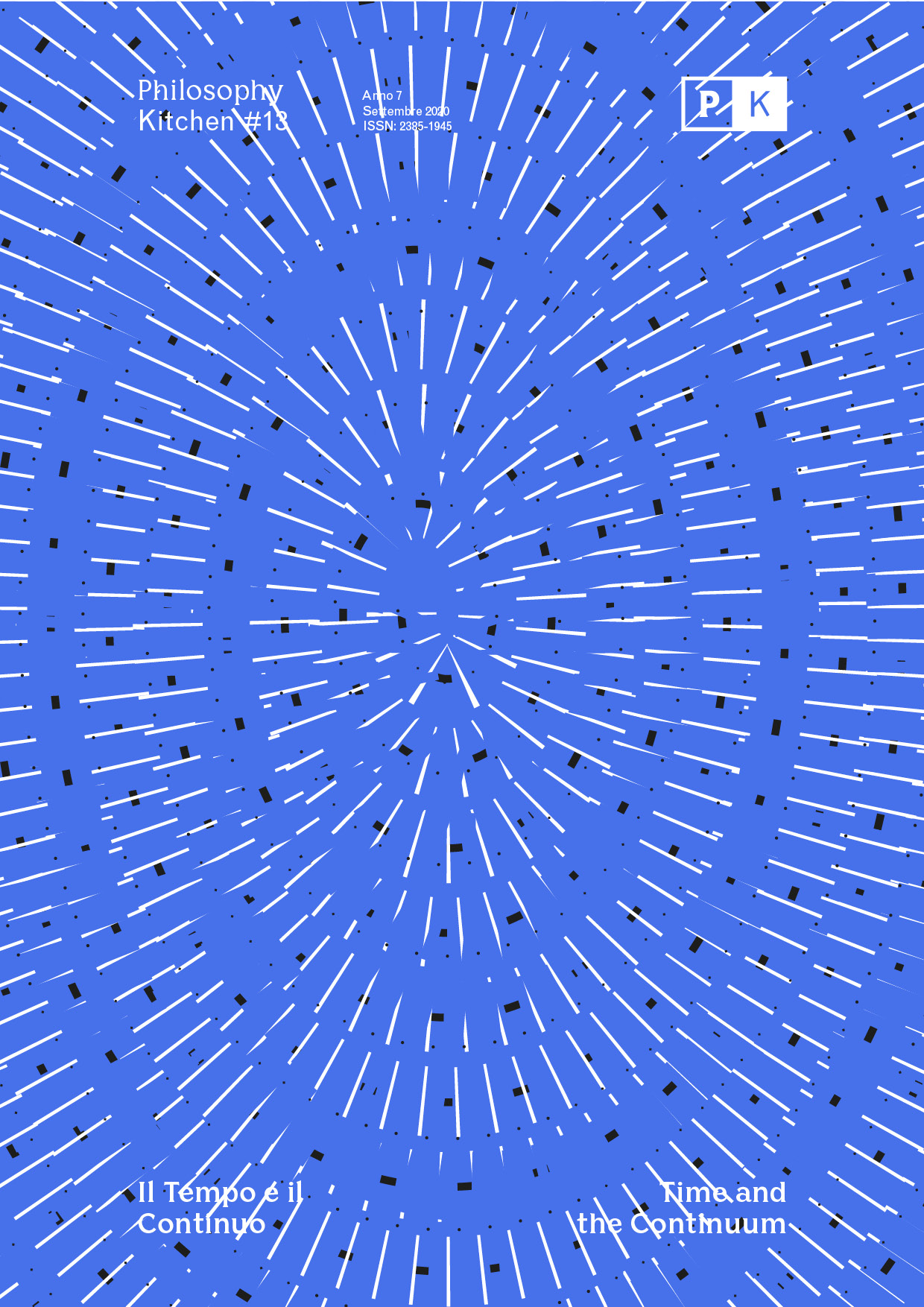Time and the Continuum. An Introduction to the Problem(s)
DOI:
https://doi.org/10.13135/2385-1945/5167Abstract
Philosophy in the 20th Century is usually characterized in terms of the linguistic turn, language being a central topic that cuts across very different philosophical schools (Continental vs Analytic, Phenomenology/ Hermeneutic vs Structuralism and Post-Structuralism, etc.). Yet, looking at its major philosophical, scientific and literal works, we may as well speak of a temporal turn to describe the movement of thinking throughout the century. From Bergson’s Creative Evolution to Heidegger’s Being and Time, from Einstein’s theories of relativity to Prior’s temporal logic, from Proust to Borges, the engagement with time is ubiquitous from the beginning to the end of the Century, tracing an alternative line of thought that runs parallel to that of the engagement with language. And, in fact, this line becomes even more visible and important now, from the perspective of the 21st Century where the linguistic turn seems to have been put aside and the topic of time is even more on the rise. In the last years, publications on the topic have been literally exploding, not just in metaphysics and philosophy of science, but also in the philosophy of mind, the philosophy of action, in ethics, and aesthetics.





